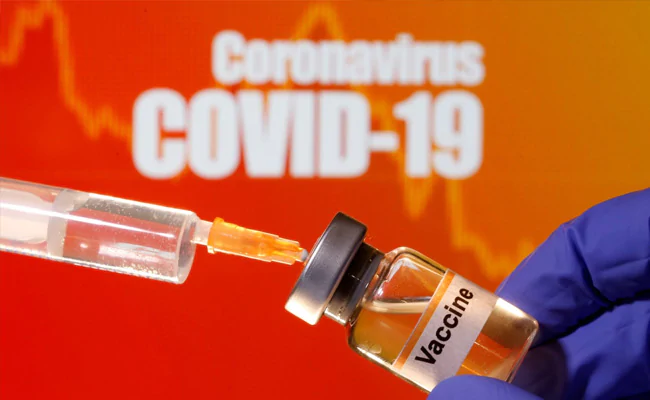Highlights
- India’s COVID-19 vaccination drive is set to begin from January 16
- PM Modi will be launching the nationwide COVID vaccination drive at 10.30am
- Government has sent out a list of SOPs to be followed during the process
New Delhi: Ahead of India’s COVID-19 vaccine rollout that the government is calling as the world’s largest vaccination drive, the Centre has circulated some dos and don’ts for vaccination to the states. The COVID-19 vaccine drive is scheduled to begin from January 16. For this, the government has announced that Prime Minister Narendra Modi will launch the nationwide COVID vaccination drive at 10.30 AM on Saturday through video-conference.
On day one of the vaccination drive, some three lakh health workers will receive COVID vaccine shots across over 3,000 (3,006) sites across the country. The government has said that each centre will inoculate 100 people a day.
Both vaccines cleared by the country’s drug regulator — Serum Institute’s Covishield and Bharat Biotech’s Covaxin — are two-dose vaccines which have to be administered at a 28-day gap.
Here are some of the rules for Coronavirus vaccine that has been sent across to the states by the government on Thursday (January 14):
1. Authorized age-group: Vaccination is allowed only for those who are above the age of 18 years
2. People who should be excluded: Women who are pregnant or not sure of their pregnancy and lactating mothers should not receive the vaccine
3. Co-administration of vaccines: If required, COVID vaccine and other vaccines should be separated by an interval of at least 14 days
4. Interchangeability of COVID-19 vaccine: The centre also said that interchangeability of vaccine is not permitted. The second dose of the vaccine should also be of the one that was administered as first dose
5. There is also a strict protocol for people who contracted the virus. The centre has said that the vaccination will have to be deferred for four to eight weeks after recovery of patients with active COVID symptoms, those who have been given plasma therapy, and those who are unwell and hospitalized for any other reason.
6. Special Precaution: Vaccine should be administered with caution in persons with history of any bleeding and coagulation disorder (like clotting factor deficiency, coagulopathy, platelet disorder)
7. Conditions not contraindicated for COVID-19 vaccine: COVID immunisation will not be affected due to these three conditions: Person with a past history of SARS-CoV-2 infection, history of chronic disease and morbidities, Immunodeficiency, HIV, patients on immunosuppression due to any disease
Also Read: Does People Who Have Contracted COVID In Past Need To Get Vaccinated? An Expert Explains
The government also said that the vaccination drive will use Co-WIN, an online digital platform developed by the Health Ministry to facilitate real-time information of vaccine stocks, storage temperature and tracking of vaccine recipients. A 24×7 hotline – 1075 – has also been set up to address questions related to the vaccine rollout on Saturday (January 16).
The government has also said that as the programme progresses, the number of sites will be ramped up to 5,000 and more.
Also Read: India Gears Up For Mega COVID Vaccination Drive, A Look At Vaccination Process On Ground
NDTV – Dettol Banega Swasth India campaign is an extension of the five-year-old Banega Swachh India initiative helmed by Campaign Ambassador Amitabh Bachchan. It aims to spread awareness about critical health issues facing the country. In wake of the current COVID-19 pandemic, the need for WASH (Water, Sanitation and Hygiene) is reaffirmed as handwashing is one of the ways to prevent Coronavirus infection and other diseases. The campaign highlights the importance of nutrition and healthcare for women and children to prevent maternal and child mortality, fight malnutrition, stunting, wasting, anaemia and disease prevention through vaccines. Importance of programmes like Public Distribution System (PDS), Mid-day Meal Scheme, POSHAN Abhiyan and the role of Aganwadis and ASHA workers are also covered. Only a Swachh or clean India where toilets are used and open defecation free (ODF) status achieved as part of the Swachh Bharat Abhiyan launched by Prime Minister Narendra Modi in 2014, can eradicate diseases like diahorrea and become a Swasth or healthy India. The campaign will continue to cover issues like air pollution, waste management, plastic ban, manual scavenging and sanitation workers and menstrual hygiene.
[corona_data_new]


















































